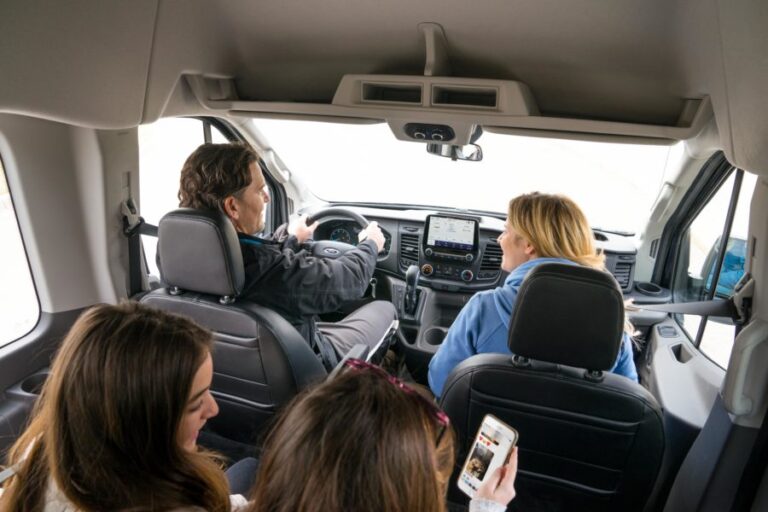A recent study by sociologist Dr Jess Carbino – commissioned by Ford Motor Corporation – has found that 68% of drivers believe that backseat driving behavior will decrease thanks to driver-assist technology.
According to the study, driver-assist technologies – such as blind-spot information systems, cross-traffic alerts, pre-collision assist and automatic emergency braking, all help to reduce the risk of collisions and build confidence in certain driving situations.
“For a lot of drivers, constantly getting advice from passengers is more than just annoying, it’s stressful,” said Carbino. “Driver-assist technologies like the Ford Co-Pilot360 help encourage trust during the drive and can help create a more relaxed, collaborative atmosphere in the car.”
In fact, the study’s findings contradict a growing belief that technology inhibits human connection. Insights from the study show that while backseat driving can cause in-vehicle relationships to suffer, driver-assist technology can help avoid unnecessary backseat banter. Since the technology can help assist with some of the burdensome tasks of navigating, drivers and passengers can focus on more enjoyable aspects of the ride – namely each other.
The data also suggests that since respondents have confidence in the technology, it can help eliminate the perceived need for their backseat driving input.



